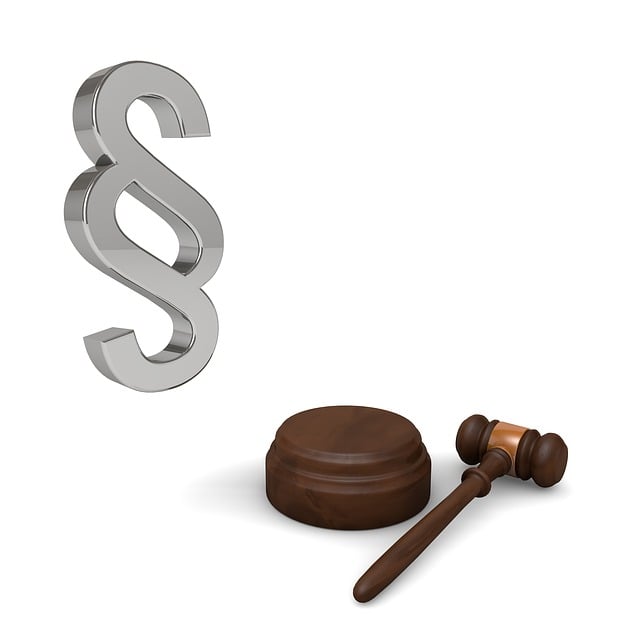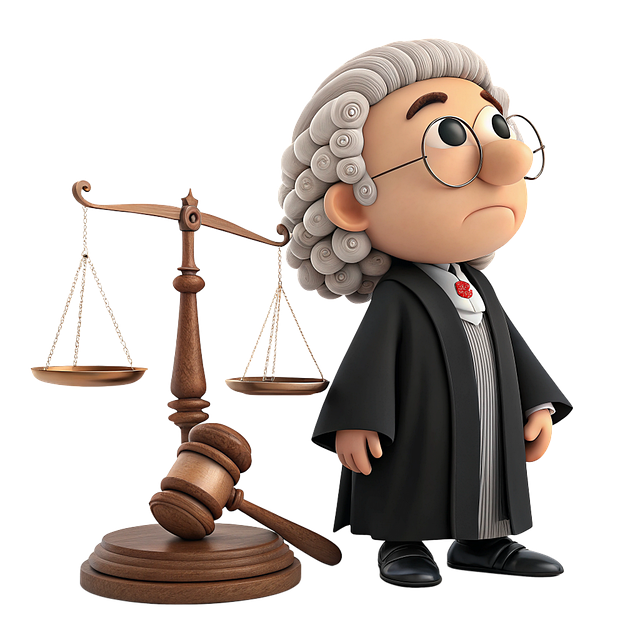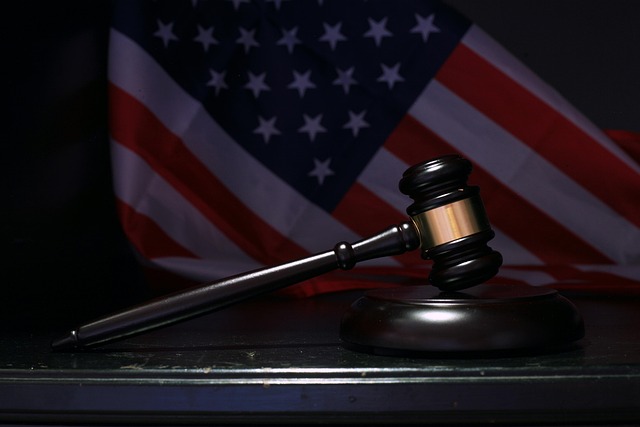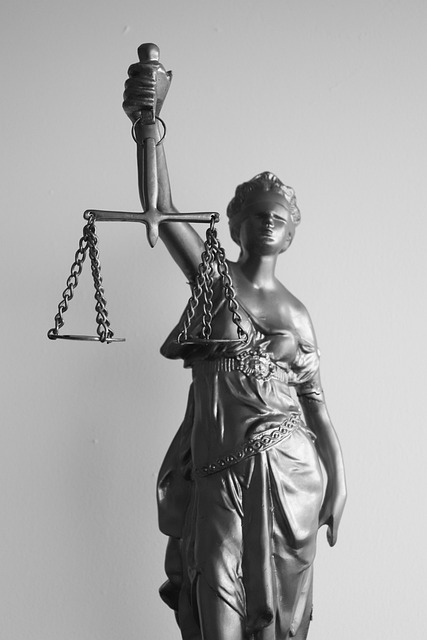Consumer protection laws safeguard individuals from unethical business practices, ensuring product safety, advertising integrity, and data privacy. These regulations are crucial for both consumers and businesses, offering legal recourse against unfair workplace practices like discrimination, harassment, or wrongful termination. Consumers affected by such practices can gather evidence, consult specialized attorneys, and file complaints or lawsuits to enforce their rights, aiming for compensation and deterrence of future misconduct. Legal Action for Unfair Workplace Practices is a vital tool in upholding consumer protection laws and fostering ethical business operations.
Consumer protection suits play a vital role in ensuring fair business practices, especially when workplace misconduct harms consumers. Understanding these laws is key to navigating potential legal action for unfair workplace practices. This article delves into the intricacies of consumer protection, covering everything from the basis of these laws to the process of filing a suit and the rights consumers have in court. By exploring these aspects, individuals can better protect themselves against unethical business tactics.
- Understanding Consumer Protection Laws
- When Unfair Workplace Practices Lead to Legal Action
- The Process of Filing a Consumer Protection Suit
- Rights and Remedies for Consumers in Court
Understanding Consumer Protection Laws

Consumer protection laws are a crucial set of regulations designed to safeguard individuals from unfair practices in various transactions. These laws cover a wide range of activities, from product safety and quality to advertising integrity and data privacy. Understanding these legal frameworks is essential for both consumers and businesses alike. Consumers can protect their rights by staying informed about their protections and the resources available to them if they encounter violations.
For instance, when it comes to workplace practices, consumer protection laws may extend to preventing high-stakes cases of white collar and economic crimes. If employees feel they’ve been subjected to unfair labor conditions or illegal activities within their respective businesses, they may have legal recourse through actions like collective bargaining or filing lawsuits. This ensures that businesses operate ethically and with transparency, fostering a fair marketplace for all participants.
When Unfair Workplace Practices Lead to Legal Action

When employees face unfair workplace practices, they have the right to take legal action. This is particularly true if such practices violate labor laws and regulations designed to protect workers’ rights. From discrimination and harassment to wrongful termination and failure to pay wages, a range of issues can prompt individuals or groups of employees to seek justice. Legal action for unfair workplace practices involves navigating all stages of the investigative and enforcement process, ensuring that evidence is collected and presented effectively to support claims against either corporate or individual clients.
Across the country, cases of employment misconduct have led to significant legal ramifications for businesses. These suits not only seek compensation for victims but also aim to deter similar behavior by holding companies accountable for their actions (or inactions) during all stages of employment, from recruitment to termination. This proactive approach is crucial in fostering a fair and safe working environment for corporate and individual clients alike.
The Process of Filing a Consumer Protection Suit

When consumers face unfair workplace practices or are victims of misleading business tactics, they have the legal right to take action. The process of filing a consumer protection suit involves several steps that can be complex, but it is designed to offer justice and compensation for those affected. Firstly, consumers must gather evidence of the alleged violations, such as documents, receipts, or witness statements. This information is crucial in building a strong case.
Next, they should consult with an experienced attorney who specializes in consumer protection law. The lawyer will assess the merits of the case and guide their clients through the legal process. This may involve filing a complaint with relevant regulatory bodies or directly taking legal action in court. Many attorneys offer free initial consultations, providing an opportunity for consumers to discuss their experiences and understand their options, aiming for a complete dismissal of all charges against the offending businesses, for his clients across the country.
Rights and Remedies for Consumers in Court

When consumers face unfair business practices or product defects, they possess a range of legal rights and remedies that can be enforced through court action. The primary goal for consumers in such cases is to seek compensation for any financial losses incurred and to deter future unethical behavior by the defendant. Legal Action for Unfair Workplace Practices falls under this category, where individuals can hold businesses accountable for their actions.
Across the country, consumers have successfully navigated complex legal battles, resulting in winning challenging defense verdicts. This not only secures financial redress but also sets a precedent for protecting consumer rights. As such, it’s crucial for companies to understand and adhere to consumer protection laws to avoid the complete dismissal of all charges, ensuring a safer and fairer business environment.
Consumer protection laws are designed to safeguard individuals from unfair practices, ensuring they have a fair say in the marketplace. When workplace injustices occur, understanding these legal frameworks is crucial. By knowing when to take legal action for unfair workplace practices, consumers can assert their rights and seek remedies, fostering a more equitable business environment. This comprehensive guide has outlined the steps to navigate consumer protection suits, empowering individuals to protect themselves effectively.






